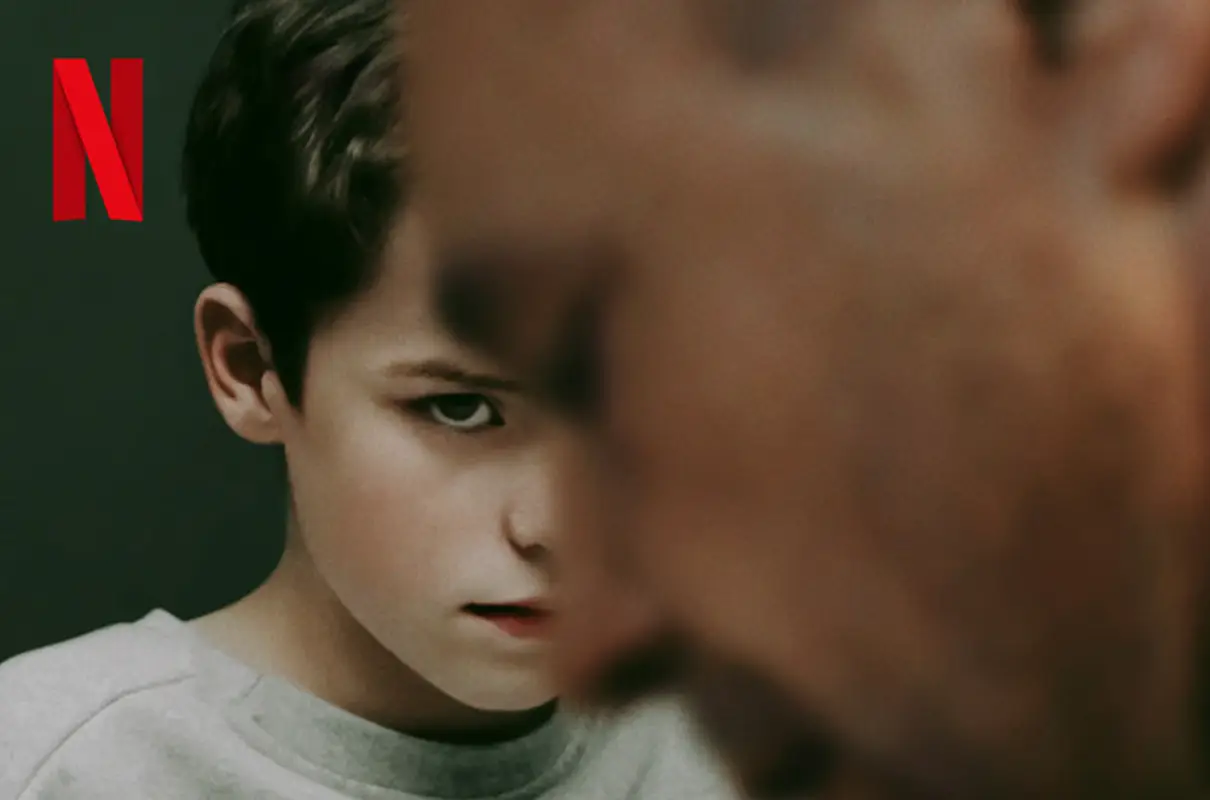El video no basta: cuando las marcas no entienden el nuevo lenguaje
Hace unos días terminé de ver Adolescence, la serie dirigida por Philip Barantini. No fue solo otra serie. Me dejó con un nudo en el pecho y más preguntas que respuestas. Naturalmente, llevé esas preguntas al mundo del branding, porque eso es lo que hago con las historias que me mueven.
Hay una escena en particular que sigue resonando en mi cabeza: los detectives por fin consiguen el video que muestra el asesinato. La prueba que necesitaban está ahí. Clarísima. Y, sin embargo, no pueden avanzar. Se estancan. No por falta de evidencia, sino porque no saben interpretarla. Ven lo que ocurre, pero no entienden lo que significa. Les falta contexto. Les falta lenguaje. Están desconectados del mundo que intentan descifrar.
Y me di cuenta de algo: eso mismo les pasa a las marcas todo el tiempo.
Muchas marcas hoy ya tienen lo que necesitan. Grandes productos. Valores sólidos. Una buena historia. Pero aun así, no logran conectar. No porque estén haciendo algo mal, sino porque hablan un idioma que ya nadie entiende. Creen que tener “la verdad”, su mensaje, su visión, su contenido, es suficiente para ser escuchadas.
Pero no lo es.
Porque cuando una marca aprende a escuchar, finalmente empieza a hablar.
El mundo ha cambiado. Y las conversaciones también. Hoy no basta con hablar. Hay que entender. Hay que escuchar. Hay que interpretar.
En la serie, los detectives no están estancados por falta de inteligencia, sino porque no pueden descifrar la cultura que tienen frente a ellos. No entienden el mundo de esos chicos. De la misma manera, muchas marcas siguen atrapadas en una era anterior: hablan, gritan, difunden mensajes… pero no logran conectar con las realidades emocionales de las personas a las que intentan llegar.
Hoy la gente no quiere más anuncios. Quiere experiencias. No quiere que le vendan algo, quiere creer en algo. No sigue marcas, se une a movimientos. Y si tu marca no está sintonizada con ese cambio, se vuelve irrelevante, incluso con todas las pruebas del mundo.
Ver Adolescence me recordó que el verdadero reto no está en no tener respuestas, sino en no saber hacer las preguntas correctas.
Las marcas no necesitan más estrategias. Necesitan más alma. Necesitan dejar de hablar como corporaciones y empezar a mostrarse como humanos. Vivir en este presente imperfecto, caótico y emocional. Ser reales. Y desde esa honestidad, construir relaciones con significado.
Porque al final del día, no se trata de tener el mensaje perfecto.
Se trata de tener el valor de preguntar:
¿Qué necesita realmente la gente en este momento?
¿Y cómo podemos responder a esa necesidad desde lo que genuinamente somos?

